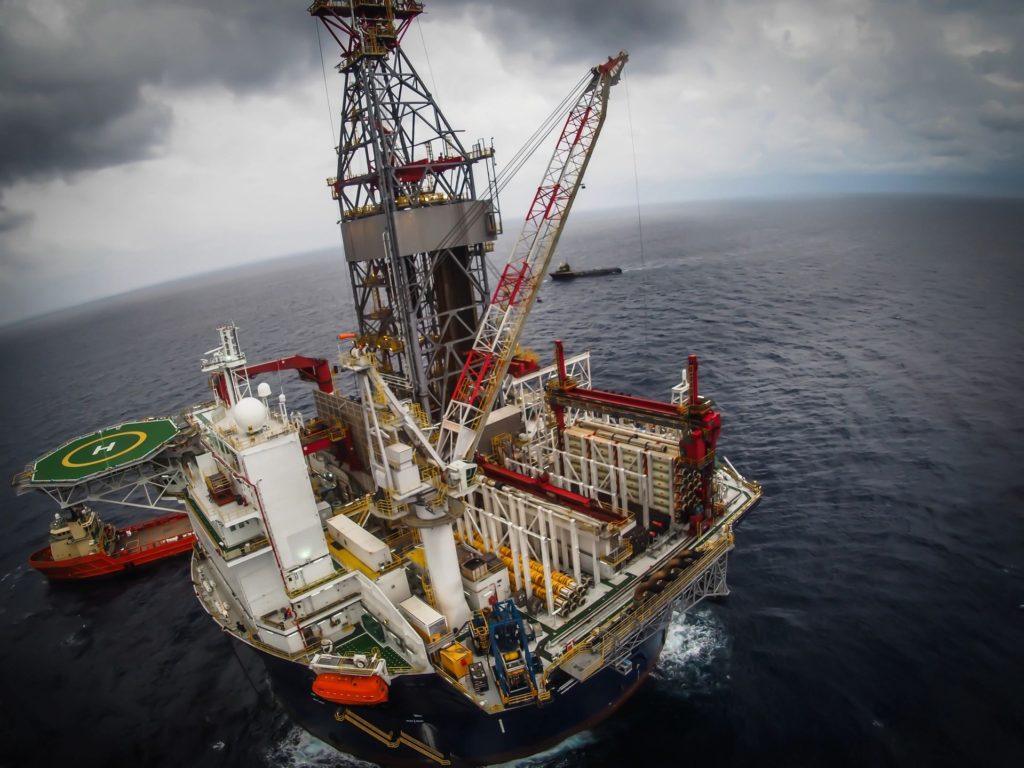
Offshore Energy Exploration Could Be The Next Bakken Oil Boom
Despite the United States being mired in a national recession, the state of North Dakota enjoyed the nation’s lowest unemployment rate and a billion-dollar budget surplus in 2012. North Dakota’s prosperity was achieved because the state was allowed to utilize new energy extraction technology to recover readily available deposits of oil and natural gas. In 2018, America may be on the cusp of the next energy boom, and this one has the potential to benefit business owners and individuals nationwide. On January 4th, the Trump administration announced a draft proposal to offer large swaths of offshore terrain comprising nearly 90% of the United States’ outer continental shelf to commercial oil and gas drillers. The move will be a reversal of President Obama’s 2016 decision to indefinitely block oil and natural gas exploration from the unleased offshore locations surrounding the continental United States and Alaska. In what will potentially be the largest lease sale ever, Interior Secretary Ryan Zinke said the draft proposal would offer leases to nearly 1 billion acres to drilling companies between 2019 and 2024. Currently, the Bureau of Offshore Energy Management (BOEM) permits offshore drilling in federal waters off the coasts of Alabama, Mississippi, Louisiana, Texas and parts of Alaska and California. BOEM currently manages about 2,900 active OCS leases, covering almost 15.3 million acres – the vast majority in the Gulf of Mexico. Fully implemented, Trump’s offshore exploration proposal would give energy companies access to leases to more than a billion offshore acres.
While offshore drilling projects would generate billions of dollars in revenue for state and local governments, the economic benefits extend to far beyond enriching the federal government and drilling companies. Offshore exploration saves money for taxpayers, supports hundreds of thousands of jobs, reinforces our national security, and reduces the cost of energy for both individuals and businesses nationwide. Each year, small businesses collectively spend more than $60 billion on energy. Ten percent of small-business owners claim that energy is their single greatest cost – greater than wages, salaries, materials, and supplies. According to NFIB’s Energy Consumption poll, energy costs are one of the top three expenses for 35% of small businesses. Increased access to offshore leases will undoubtedly reduce energy costs by increasing supplies, driving down energy costs for America’s job creators. However, the economic benefits of offshore energy exploration extend beyond cost savings. According to the American Petroleum Institute, opening our coasts to offshore drilling would lead to over 450 billion in new private sector spending, creating over 840,000 new jobs across the country.
Offshore exploration is also good for the government, with projections generating more than $200 billion in cumulative revenue. It is projected that opening unleased waters to offshore drilling will contribute more than $70 billion per year to the U.S. economy. North Dakota’s fracking boom, offers a pertinent illustration of what happens to communities when energy companies can invest. Invariably, private investment flows into communities, and local economies begin to thrive. Skeptics need look no farther than the massive economic boom that came with Bakken energy exploration, which plummeted North Dakota to 2.4% unemployment. The state now ranks sixth in best states for infrastructure. Fracking investment has helped North Dakota’s small businesses by creating opportunities across the state. Furthermore, fracking has made energy bills in North Dakota some of the lowest in the nation. Gas bills plummeted $13 billion per year from 2007 to 2013 because of increased fracking, which adds up to $200 per year for gas-consuming households. Moreover, all types of energy consumers, including commercial, industrial, and electric power consumers, saw economic gains totaling $74 billion per year from increased fracking.
Similarly, expanding drilling to America’s costs will bolster our economic and national security and provide states vital revenue and jobs that are needed to meet the increasing costs of state budgets. Many states, particularly those on the Atlantic Coast, lack dedicated infrastructure to support drilling operations, which provides an opportunity for businesses across the country to deliver the human and material substructure needed to support exploration efforts. FBAE believes that energy production is not only critical to our economic and national security but also keeps the lights on and energy costs low for main street job creators. It’s time for a pragmatic approach to our energy policy, and opening America’s offshore regions to energy exploration would be a bold step towards lasting economic prosperity for states governments, businesses, and consumers.

